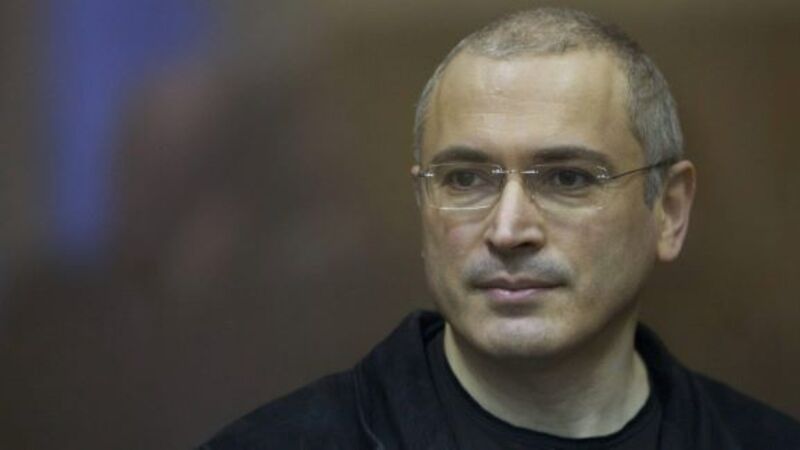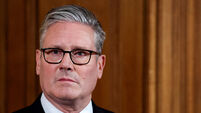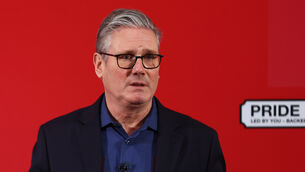Court says tycoon’s trial not politically motivated

The Strasboug-based European Court of Human Rights also said in its ruling that Russia unfairly charged Khodorkovsky huge tax arrears, and Russian authorities unfairly sent him and business partner Platon Lebedev to far-away penal colonies in eastern Siberia to serve their sentences, thousands of miles from their families in Moscow.
The court said “it was hardly conceivable there were no free places for the two applicants in any of the many colonies situated closer to Moscow.”














